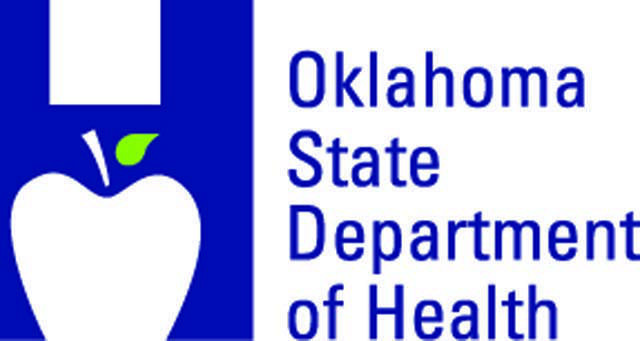The flu continues to be widespread as the Oklahoma State Department of Health (OSDH) and the OKC-County Health Department (OCCHD) report the first pediatric death associated with the flu since the season began in September. The death occurred in an Oklahoma County resident between the ages of 5-17.
This week’s flu report indicates 1,244 flu-associated hospitalizations and 31 deaths so far this season. Public health officials remind the public that there are several months remaining in the flu season, and the number of hospitalizations and deaths will continue to increase. A flu shot is encouraged for anyone over the age of 6 months who hasn’t already received one.
“Young children are among those most at risk for serious illness and death from influenza, so healthy individuals who get a flu shot are helping to protect those who cannot take a flu shot, including infants under the age of 6 months,” said OCCHD Executive Director Gary Cox. “Another benefit to getting the flu vaccine is that if you do by chance get the flu, your illness will be much milder than if you had not received a vaccine.”
For the current 2018-19 flu season, more than 500 Oklahomans over the age of 65, and more than 200 under the age of 18 have been hospitalized. More than 20 people over the age of 65 have died from flu-related complications.
In effort to reduce the number of hospitalizations and deaths, flu shots continue to be offered at no out-of-pocket cost statewide at all county health department sites.
Cox said the OCCHD has given over 7,000 flu vaccines since the start of the flu season last fall. Statewide, county health departments have given nearly 40,000 doses of flu vaccine.
“It’s not too late to get a flu shot,” said OSDH Interim Commissioner of Health Tom Bates. “At the beginning of the flu season, we made a strategic decision to offer the vaccine at no out-of-pocket cost in effort to lessen the financial burden for those in our communities. We still have an adequate supply of vaccine for our county health departments.”
In addition to getting a flu shot, it is important to practice frequent hand washing and prevent the spread of germs by covering your sneeze and cough. Those who are having flu-like symptoms such as fever, cough, sore throat, body aches, fatigue and chills are encouraged to stay home from public gatherings until they are able to go 24 hours without a fever, and without fever-reducing medication.
Those with the flu may develop secondary infections in the days or weeks following initial symptom onset which require additional medical attention. Parents should be aware of children with emergency warning signs of flu including the following:
*Fast breathing or trouble breathing
*Bluish skin color
*Not drinking enough fluids
*Not waking up or not interacting
*Being so irritable that the child does not want to be held
*Flu-like symptoms improve but then return with fever and worse cough
*Fever with a rash
Parents and caregivers should seek medical help right away for any infant who is unable to eat, has trouble breathing, has no tears when crying, and has significantly fewer wet diapers than normal.
Adults should seek medical attention if they or their child have difficulty breathing or shortness of breath, pain or pressure in the chest or abdomen, sudden dizziness, confusion, severe or persistent vomiting, and flu-like symptoms that improve but then return with fever and a worse cough.













